Optimal Timing for Foundation Repairs
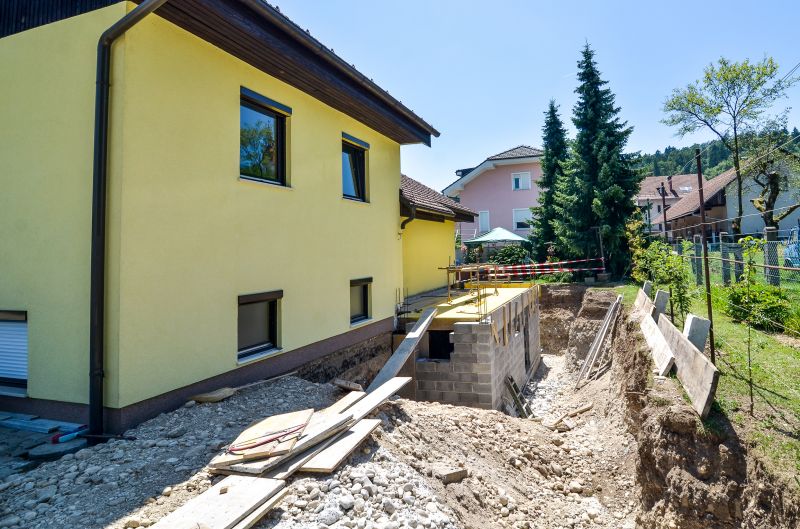
Ways to make Foundation Repairs work in tight or awkward layouts.
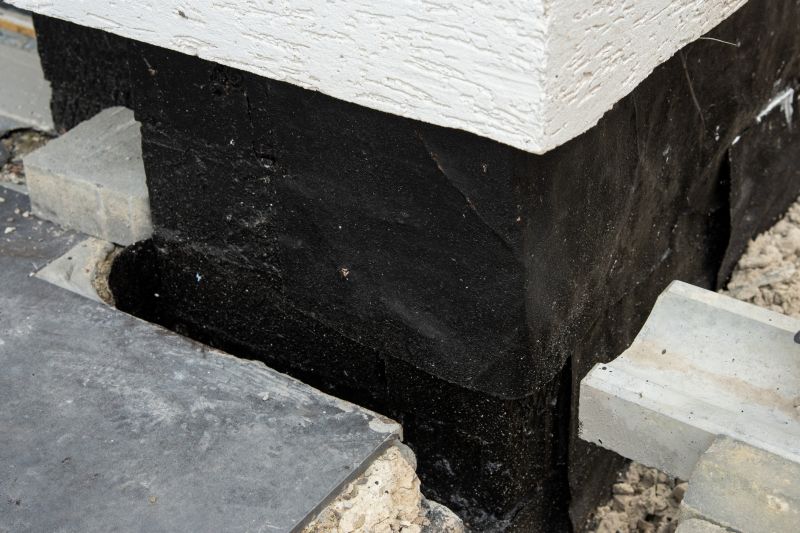
Popular materials for Foundation Repairs and why they hold up over time.
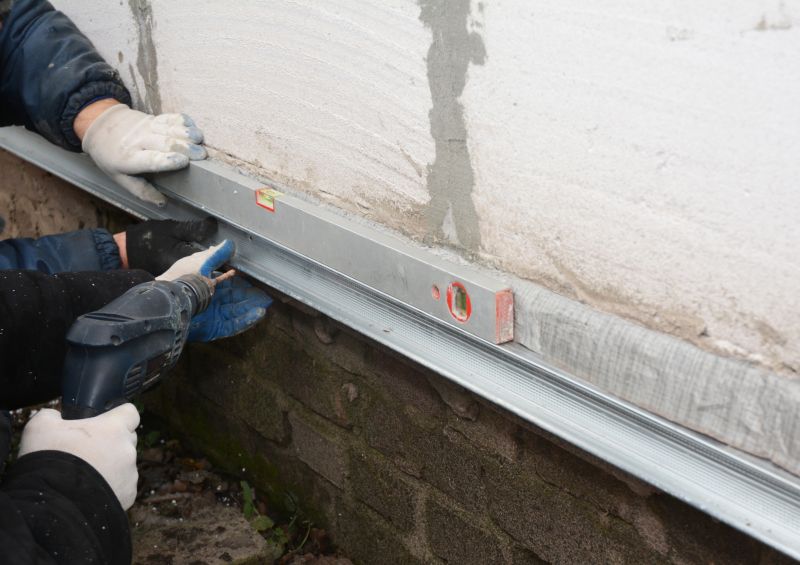
Simple add-ons that improve Foundation Repairs without blowing the budget.
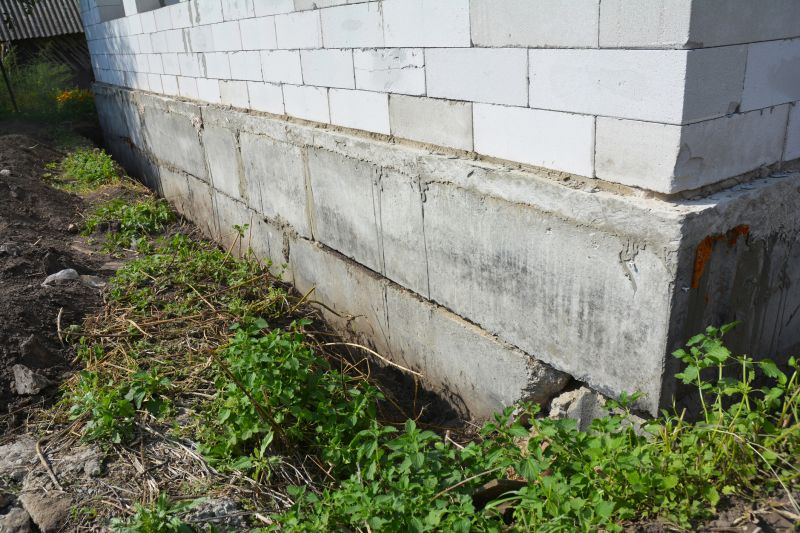
High-end options that actually feel worth it for Foundation Repairs.
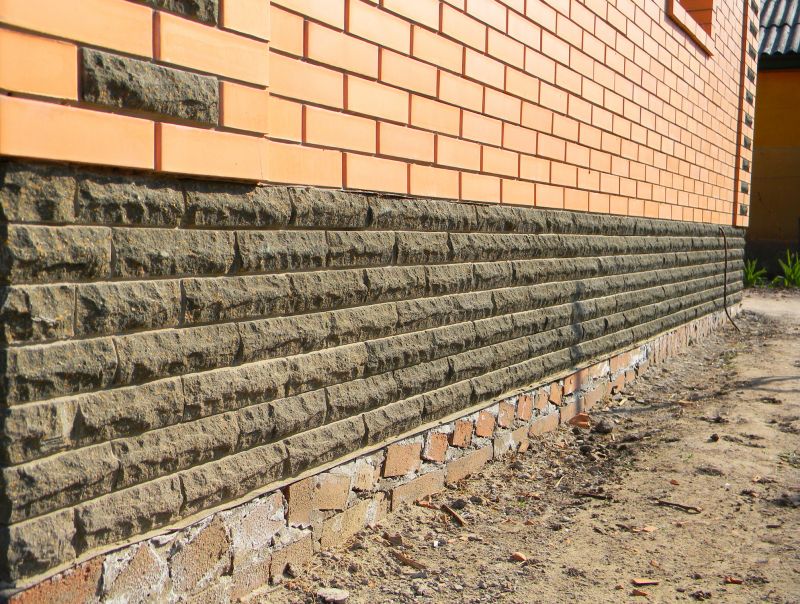
Finishes and colors that play nicely with Foundation Repairs.
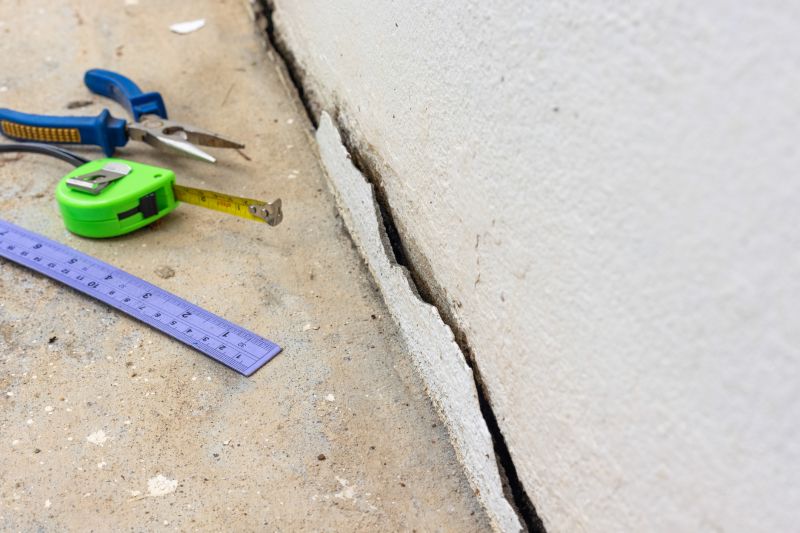
Little measurements that prevent headaches on Foundation Repairs day.
Foundation repairs are critical for maintaining the structural integrity of a building. The timing of repairs can impact their effectiveness and longevity. Typically, the best time for foundation repairs is during periods of mild weather, when soil conditions are stable and temperatures are moderate. Spring and early fall often provide optimal conditions for repair work, as extreme cold or heat can hinder construction activities and affect the materials used.
Performing foundation repairs during favorable weather minimizes the risk of soil movement caused by freeze-thaw cycles or excessive dryness. Additionally, contractors can work more efficiently without weather-related delays. It is advisable to schedule inspections and repairs before significant weather changes, such as winter or summer heat waves, to prevent further damage and ensure the durability of the repair work.
Soil expands and contracts with temperature changes, which can impact foundation stability. Repair timing should consider these seasonal shifts.
Moderate temperatures and stable soil conditions are ideal for foundation work, reducing the risk of future issues.
Extreme cold or heat can delay repair projects and affect material performance, making mild seasons preferable.
Early planning before adverse weather ensures repairs are completed effectively and prevents further structural damage.
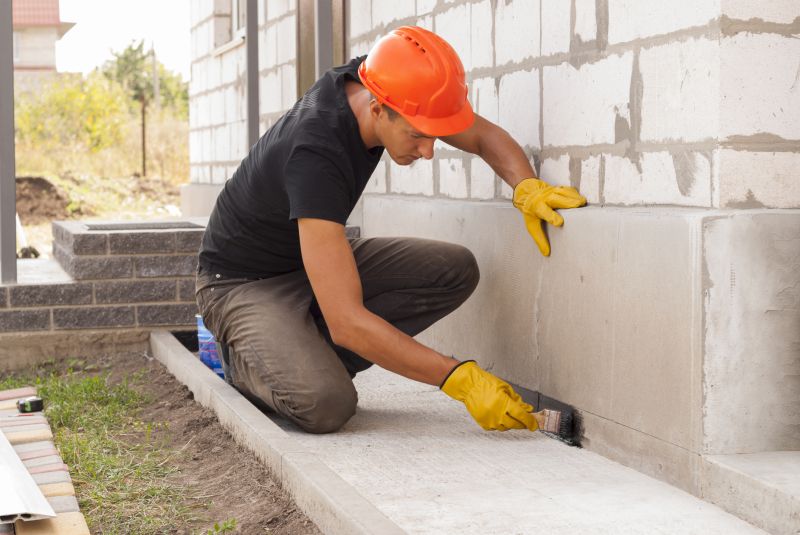
A 60-second routine that keeps Foundation Repairs looking new.
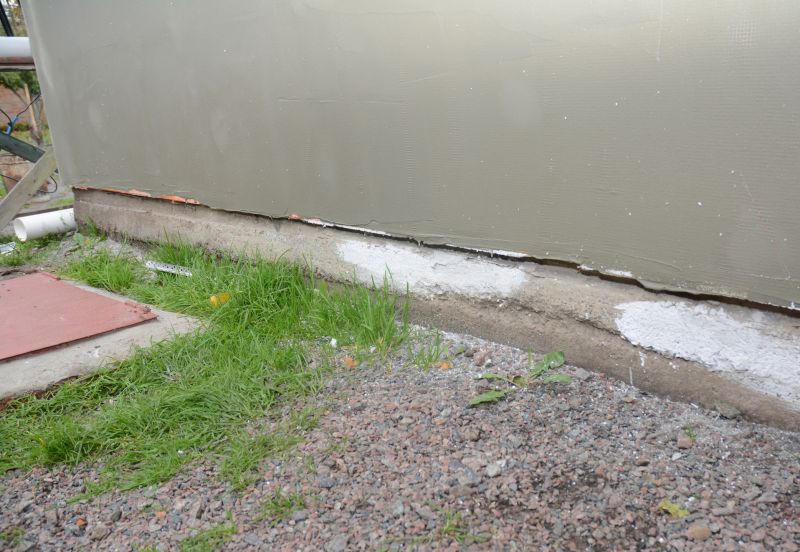
A frequent mistake in Foundation Repairs and how to dodge it.

Small tweaks to make Foundation Repairs safer and easier to use.
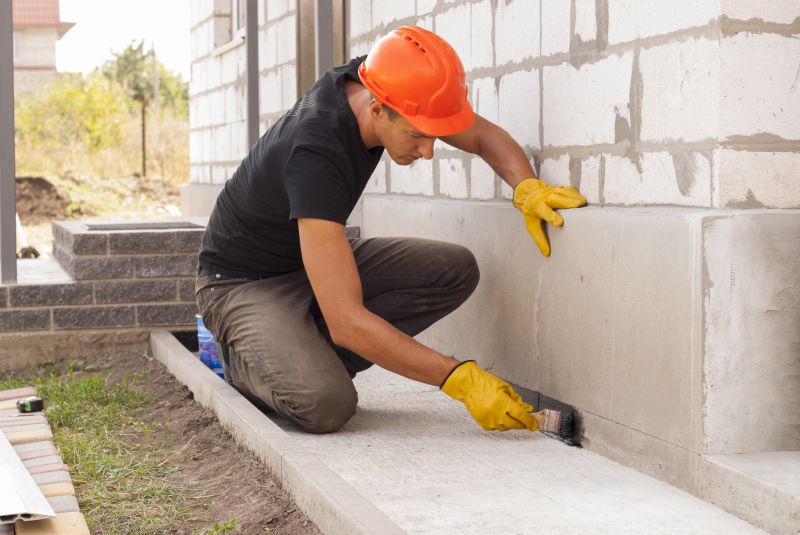
Lower-waste or water-saving choices for Foundation Repairs.

The short, realistic tool list for quality Foundation Repairs.
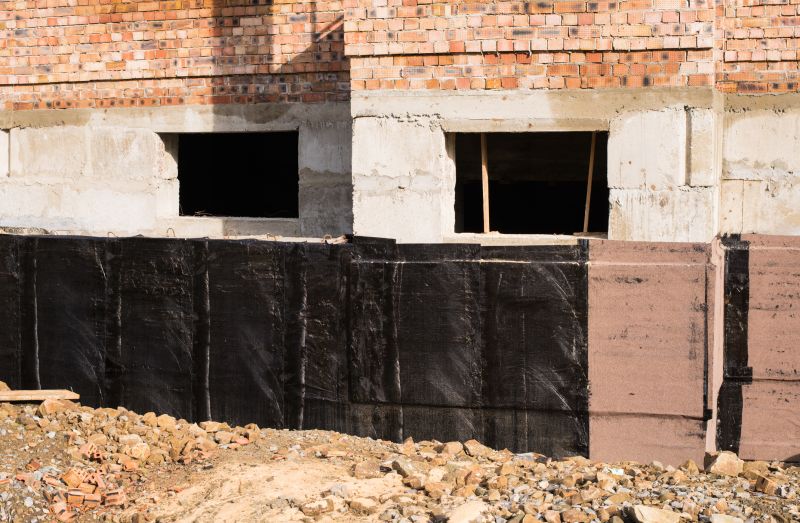
Rough timing from prep to clean-up for Foundation Repairs.
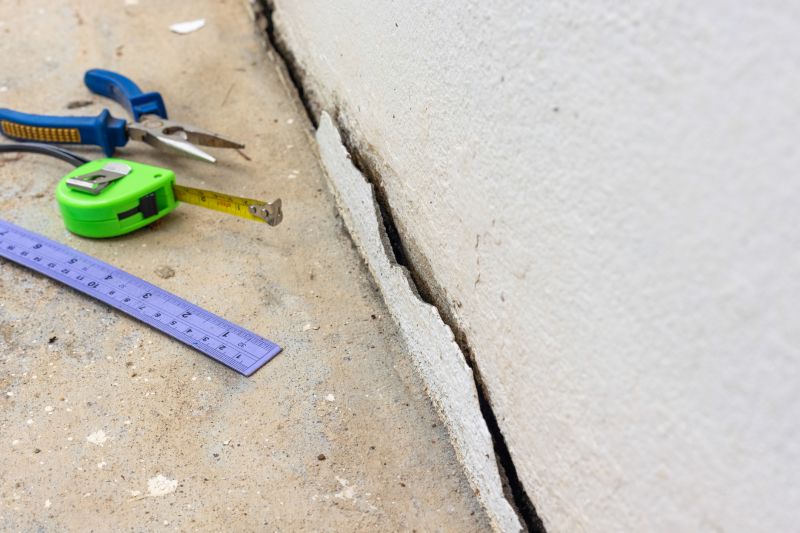
Quick checks and paperwork to keep after Foundation Repairs.

Examples that show the impact a good Foundation Repairs can make.
| Season | Advantages |
|---|---|
| Spring | Soil is thawed and stable, ideal for repairs. |
| Summer | Longer daylight hours allow flexible scheduling. |
| Fall | Cooler temperatures prevent soil expansion. |
| Winter | Generally not recommended due to frozen ground. |
| Late Fall | Preparing foundation before winter can prevent damage. |
Foundation repairs involve addressing issues such as settling, cracking, or shifting that compromise the stability of a structure. These repairs often include underpinning, pier installation, or soil stabilization. Proper timing ensures that repair methods are effective and long-lasting. Regular assessments and early intervention can prevent costly future repairs, especially in areas prone to soil movement or extreme weather conditions.
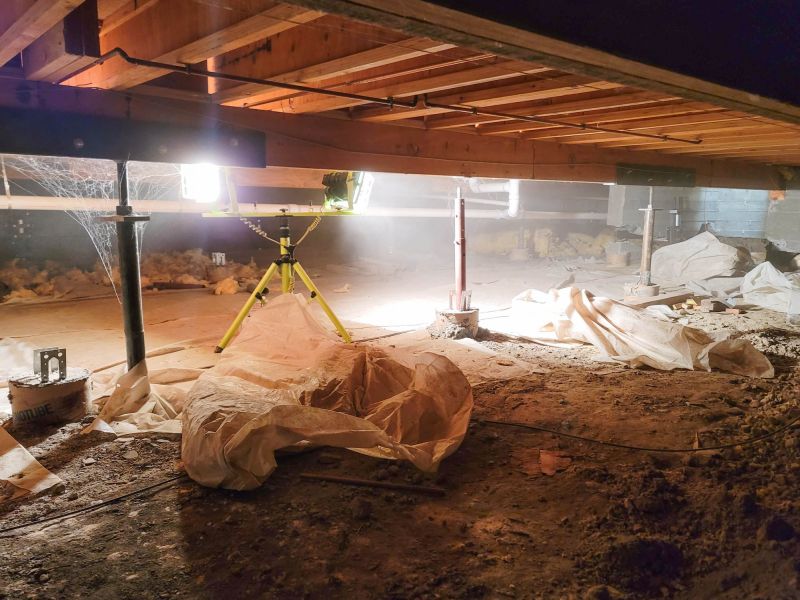
Ways to make Foundation Repairs work in tight or awkward layouts.
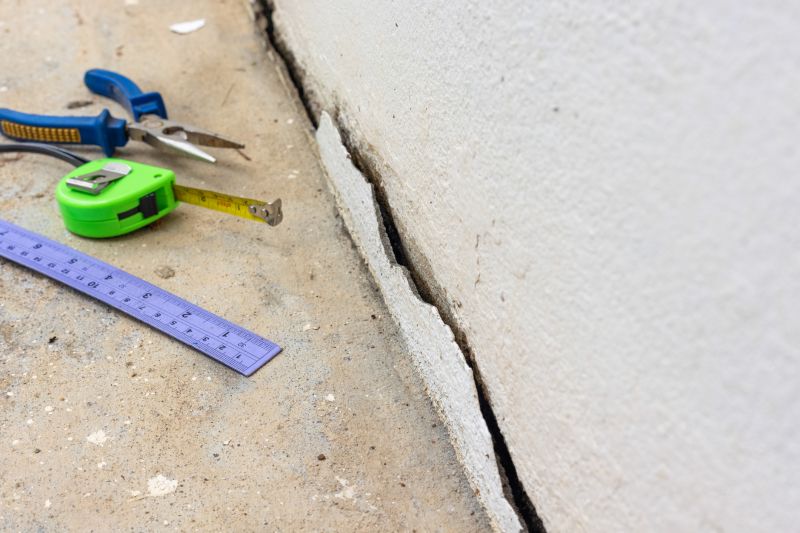
Ways to make Foundation Repairs work in tight or awkward layouts.
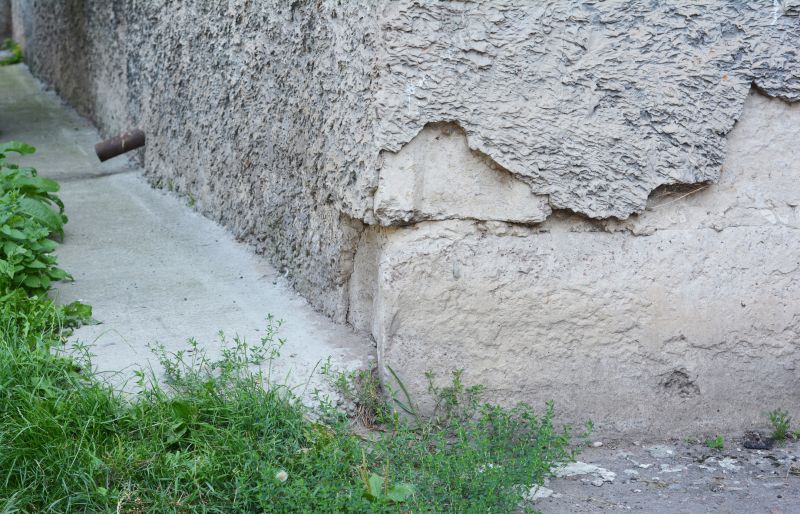
Ways to make Foundation Repairs work in tight or awkward layouts.
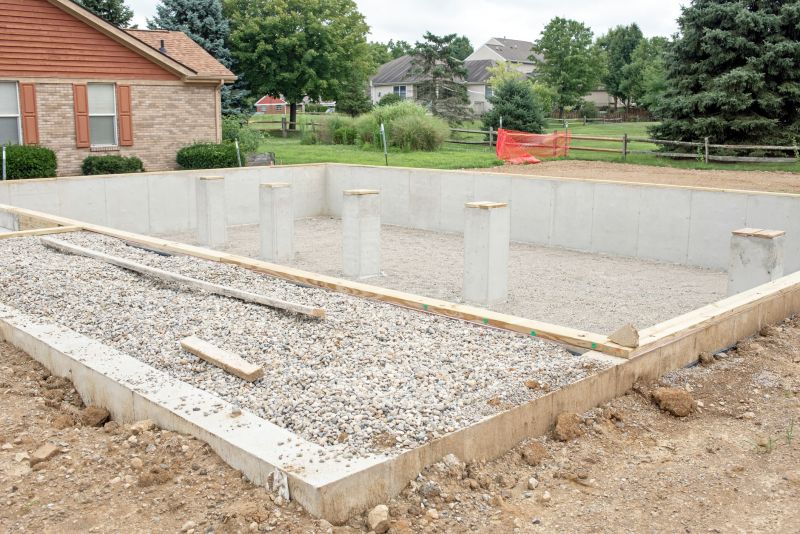
Ways to make Foundation Repairs work in tight or awkward layouts.

Ways to make Foundation Repairs work in tight or awkward layouts.
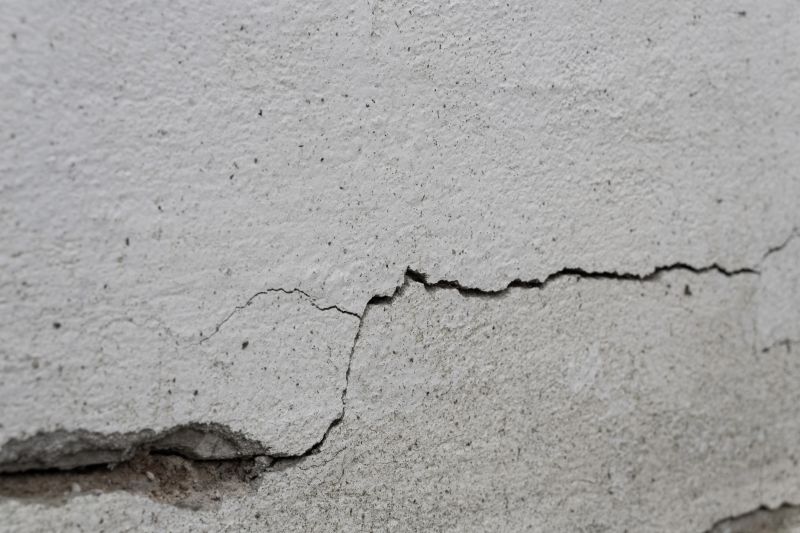
Ways to make Foundation Repairs work in tight or awkward layouts.
Scheduling foundation repairs during the most suitable seasons helps maintain the integrity of the structure and reduces the risk of recurring issues. It is essential to consider local climate patterns and soil conditions when planning repair work. Consulting with foundation specialists can provide tailored recommendations to ensure repairs are performed under optimal conditions, enhancing durability and performance.
Identifying foundation issues early allows for repairs during optimal weather, preventing extensive damage.
Materials used in foundation repair, like concrete and soil stabilizers, perform better in moderate temperatures.
Proper timing of repairs contributes to the long-term stability of the foundation and the building.
Scheduling during favorable seasons ensures minimal disruptions and efficient project completion.
Interested in foundation repairs? Filling out the contact form can provide further information and assistance tailored to specific needs. Timely action during the right season can help preserve the structural integrity of a property and prevent costly future repairs.

